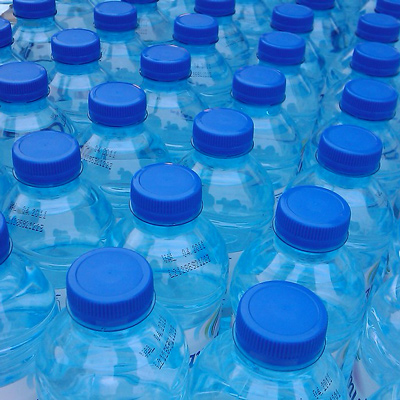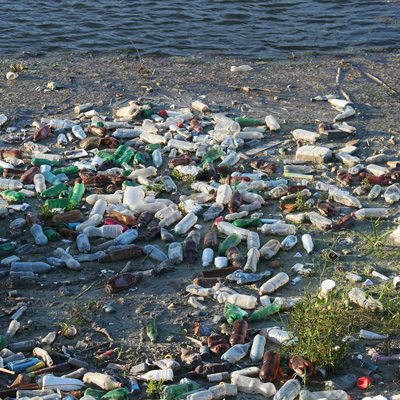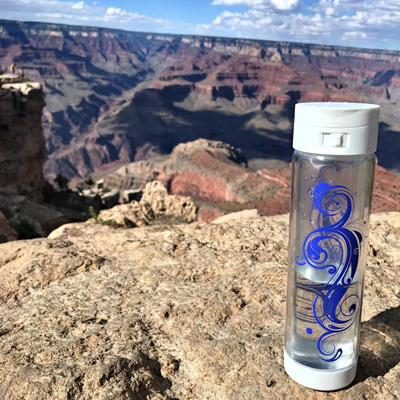
Are you still using a plastic, disposable water bottle? It’s time to change. Disposable water bottle are bad for your health and extremely harmful to the environment.
Plastic bottles are not sustainable. Most of plastic drinking bottles end up in landfills. According to Sierra Club, consumers trash over 24 billion bottles each year in the US alone. When plastic bottles are thrown away, they stay in landfills for hundred of years without decomposing.

These bottles are also known to leach chemicals over repeated uses or when left in a heated car. Plus, bottled water cost over 1,000 times more than tap water. It has been reported that about 25 percent of bottled water is sourced from the tap, according to Mind Body Green.
The good news, you no longer need a plastic, disposable water bottle. Go Glasstic. When switching to a reusable water bottle, you not only save money, you will also live healthier and you will make a huge difference for the environment.
Environmentally Friendly: In the US, Americans use an estimated 50 billion water bottles every year and only 1 of 5 of these bottles are properly recycled. This means that 38 billion plastic water bottles are thrown into landfill or become pollution, according to Hydration Anywhere.
Healthier Choice: Plastic water bottles are known to often contain Bisphenol A (BPA) which can be extremely harmful to one’s health. Switching to a reusable, BPA free water bottle, can help you go green and also help keep you healthy.
Save Money: As mentioned above, a large percentage of bottled water that is sold in the US is really just bottled tap water. A 20-ounce bottle of water can cost up to $1.50 at grocery stores, but yet tap water is free.

By going Glasstic, you are choosing a healthier, environmentally-friendly option. A reusable water bottle will not only save you money, but also keep you healthy. Are you looking for ways to continue to save the environment? Going Glasstic is just the beginning. To save more money and the planet: adopt meatless Mondays, commute to work by either biking or carpooling, and cut down on water usage and electronics.

